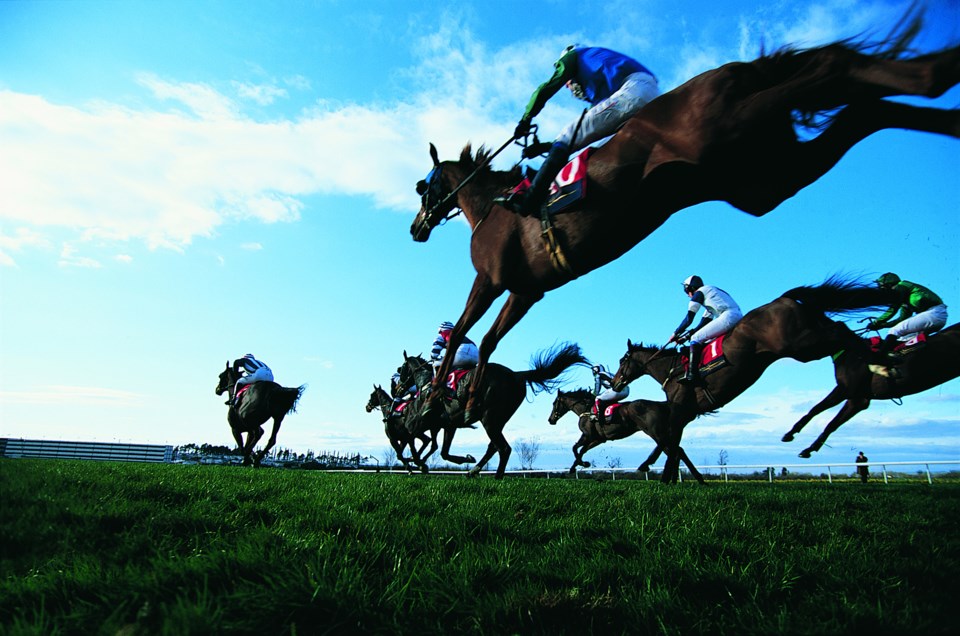Gambling has long been a part of sports.
The bond is inseparable in one of my favourite sports, horse racing. I went to Hastings Park in Vancouver to watch thoroughbred racing for the first time when I was 13. I picked a couple of winners that day and was hooked.
If you purchase the right program for that day's races, they'll give you everything you needed to know for each race. With my ability to crunch numbers quickly, and with my keen memory, I found horse racing to be perfect for me.
I've also been pretty good at hockey pools over the years, providing tips to others since I was a teen.
I've made some crazy bets over the years. Some have paid off. Others have not. As I've grown older and become more responsible with my cash, I've cut back on my gambling expenses, although I still enjoy betting on the horses and I'm still in a couple of pools. (The baseball pool I'm in, the Estevan Jubilee Baseball Pool, just had its 38th annual auction on Sunday).
So maybe I don't have any credibility when it comes to criticizing the abundance of gambling promotion during modern broadcasts. But it is frustrating to have it rammed down your throat ad nauseum.
Watch a sports highlight show. They'll talk about all of the odds for the games that night. Watch Hockey Night in Canada. They'll discuss the odds set by some online gambling website. It's not just about who wins; you can bet on everything from the over-under to a host of novelty items.
There's always been extra options for people to bet on besides the winner and the loser. In football, people have long been able to bet on the spread. It wasn't just who would win, but it was whether the favourite would win by a specified number of points.
It's been a part of sports for as long as I've been alive. But you weren't bombarded by it like you are now.
In horse racing, there are all sorts of different wagers you can place. It's not just about putting money on the horse you think will win. You can bet on everything from who you think will finish second and third, to who you think will be the top four finishers in the race, to the winners of six straight races.
The more complicated the bet, the less likely you'll succeed, but the greater the payout.
But I would cringe if I started to see wagers on who would have the lead at the quarter pole, what the winning time of the race would be or who would be the leading jockey for the day.
When I watch a marquee horse race, like the Kentucky Derby or the Queen's Plate, they'll constantly discuss the current odds to win, but they'll keep discussion on exotic wagers to a minimum.
I have no problem with these gambling sites offering some form of sponsorship to a program. We live in a capitalist society. If a sports gambling website wants to sponsor a segment, or if they want to advertise during a commercial break, that's fine.
There has to be a happy medium. There has to be a way in which these sites can promote their product, give people different opportunities for wagers and successfully run a business without a constant bombardment.
The announcers will sit there and encourage people to "know their limit, and play within it", but they will do so while running through all sorts of options for people's wagers.
It's reached the point now where it's become such a large part of the broadcast that you can't ignore it. You can't just decide to change the channel when they talk about the wagers. To tune out the gambling discussion is to shun the game itself.
I love my sports. I enjoy gambling. It can add a little something extra to the game or the event, and give you that little something extra to root for, even when the game is out of reach.
A fantasy sports pool can give you reason to care about a game that you would normally ignore.
But what we're hearing now has taken things too far. And something needs to be done.



